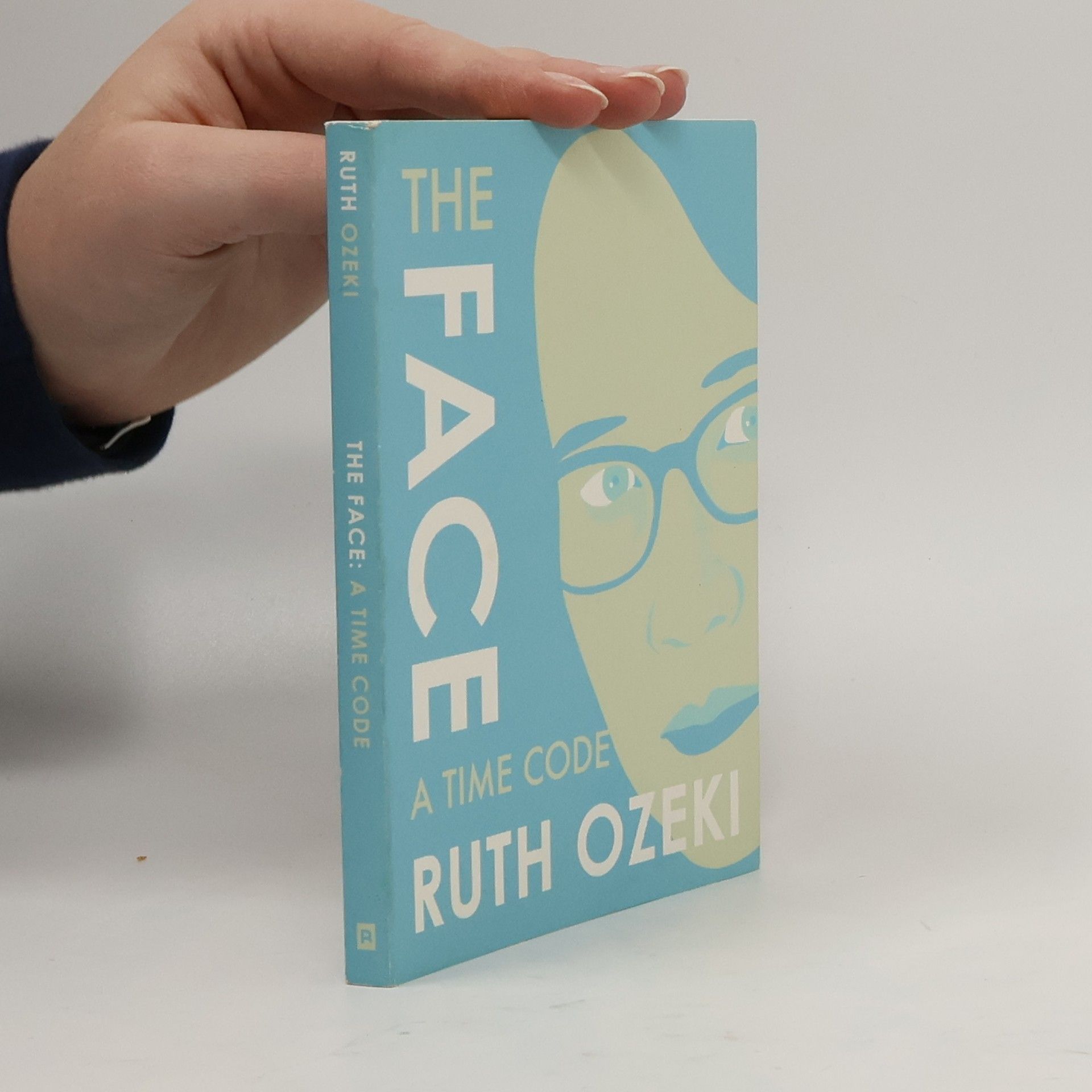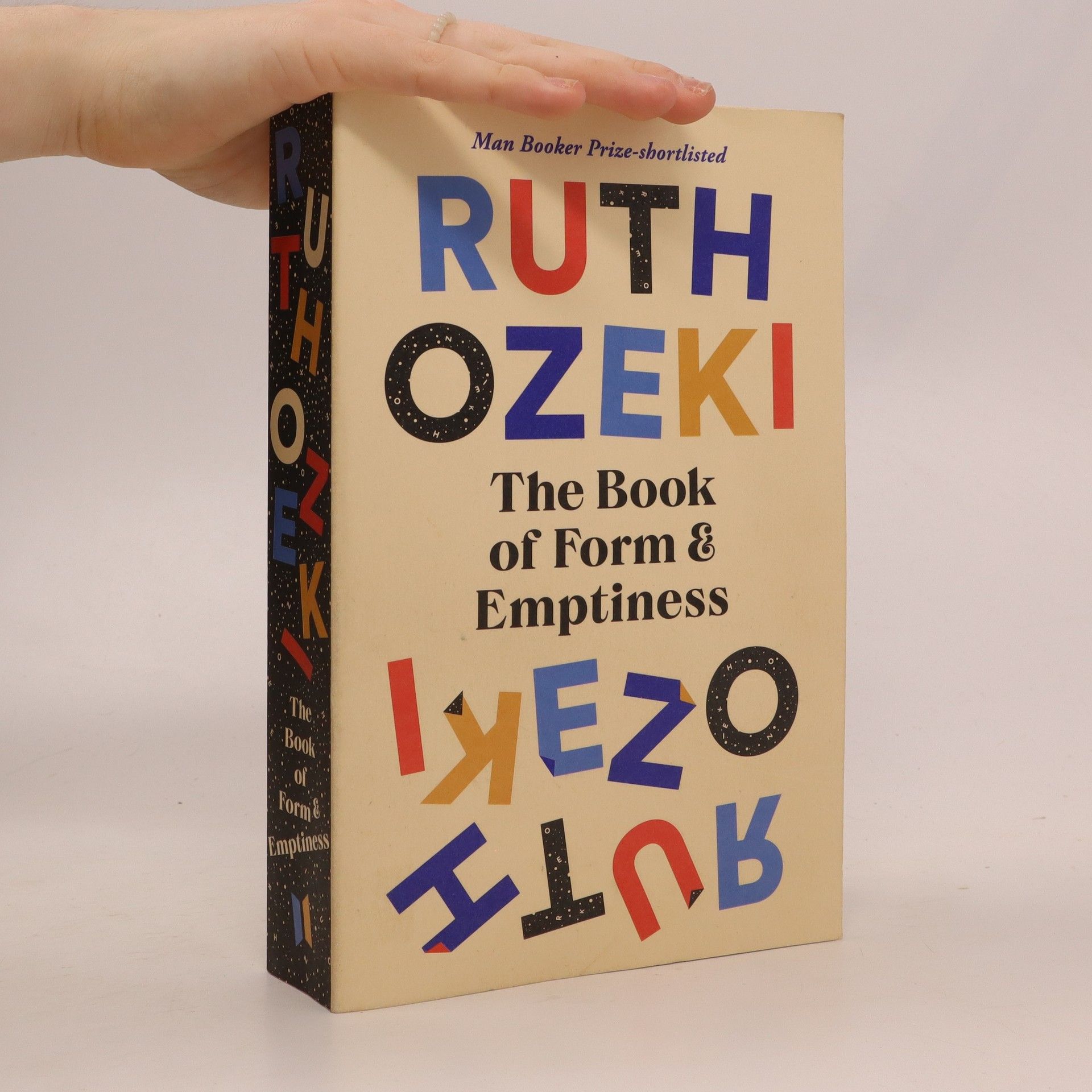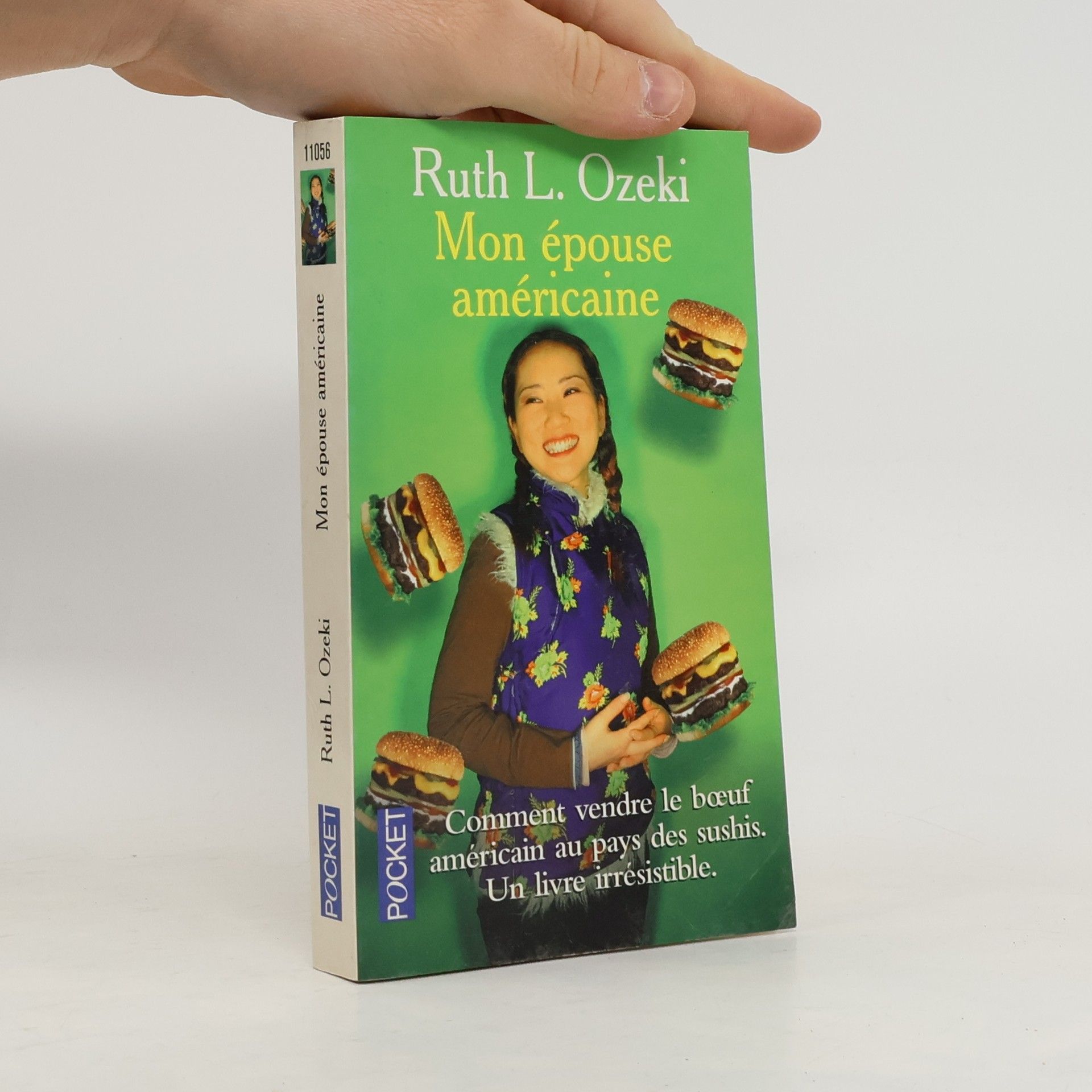Mon épouse américaine
- 445pages
- 16 heures de lecture
L'épouse américaine aime la viande. L'épouse américaine représente l'idée de viande : robuste, saine et raisonnablement calorique. L'épouse américaine est la viande. Voilà toute l'idée du show télé que Jane Takagi-Little, journaliste métisse, anime pour le public japonais. Du boeuf au pays du poisson cru ? L'idée semble improbable, mais Jane l'a bien compris : sous le steak, c'est tout le rêve américain qu'elle introduit, de force, dans l'assiette du Japonais moyen. Sa double culture - ni d'ici ni de là-bas - sert merveilleusement le programme. Et ça marche ! Dans la banlieue de Tokyo, Akiko tente déjà de résister aux assauts de son mari, convaincu qu'elle ne parviendra à lui donner un enfant qu'après un sévère régime bovin.




